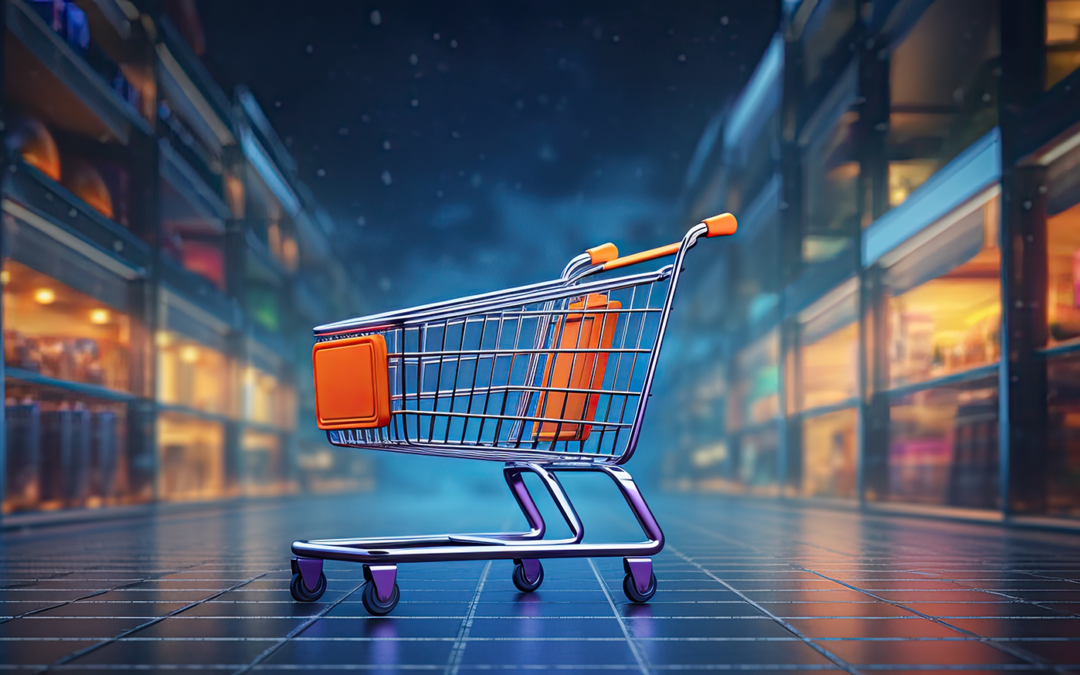The whole framework of the direct-to-consumer (D2C) business model is selling products and services directly to customers without the use of intermediaries such as retailers or wholesalers. It’s spelled out for you right in the name! But many companies are beginning to realize that ecommerce alone isn’t enough to turn a profit.
To counter this, some brands are diversifying into other channels — including traditional wholesale. Experts are referring to this as “de-D2C.” But is this new strategy a passing fad or here to stay?
D2C Appeals to Startups and Small Businesses
For years, many brands — particularly startups and small businesses — have embraced the D2C business approach and used it to their advantage. Benefits include:
- Greater control over the customer experience. Businesses that sell D2C have complete control over the customer experience, from the moment a customer visits their website to the moment they receive their product. This allows them to build stronger relationships with their customers and create a more loyal brand following.
- Higher margins. Businesses that sell D2C can typically charge higher prices for their products, since they are not paying commissions to retailers or wholesalers. This can lead to higher profits for the business.
- More customer data. Businesses that sell D2C can collect valuable data about their customers, such as their purchase history, demographics, and interests. This data can be used to improve marketing campaigns, product development, and overall customer service.
D2C has long been popular because it provides a low-cost way to start a business and reach customers directly.
But, as Bob Dylan famously said, the times, they are a-changin’.
Wholesale Helps Brands Diversify & Compete
When cosmetics giant Glossier, one of the best-known D2C success stories, entered into a retail partnership with Sephora in 2022, people took notice. Diversifying their distribution channels by embracing wholesale runs counter to the whole D2C ideology.
It also speaks volumes about these uncertain economic times.
Glossier wasn’t the only company to branch out into previously off-limits waters in 2023. Other
D2C success stories like Casper, Warby Parker, and Peloton have
Much of this reflects shifting consumer expectations; as recently as 2020, 26% of consumers considered D2C brands to be cool or trendy. Just two years later, that number had dropped in half. With traditional retailers stepping up the competition by adding fast and free shipping — previously a D2C mainstay — the lines blurred further.
D2C companies are expanding into wholesale for a number of reasons, including:
- To reach a wider audience. Wholesale partners can help D2C brands reach a wider audience and increase brand awareness. Retailers have their own customer bases, and by selling through these channels, D2C brands can expose their products to new potential customers.
- To increase sales. Wholesale can be a significant source of revenue for D2C brands. Retailers can purchase large quantities of products at a discounted price, boosting the brand’s sales and profits.
- To gain access to new markets. Wholesale partners can help D2C brands enter new markets they would be unable to reach on their own. For example, a D2C brand may not have the resources to open its own physical stores in international markets. Partnering with local retailers gives the brand access to these markets without having to invest in its own infrastructure.
- To build brand credibility. Selling through established retailers can help D2C brands build credibility. Consumers are more likely to trust a brand that is sold by retailers they know and respect.
- To offset customer acquisition costs. Selling through wholesale channels can help D2C brands offset their customer acquisition costs. With the economy in flux, more and more consumers are focused on value over other factors. Retailers are responsible for acquiring their own customers, giving D2C brands instant access to a built-in customer base.
With so many brands migrating to wholesale, you might think D2C is dying out. The truth isn’t so black-and-white. D2C is alive and well, but the brands that thrive are likely to be those who diversify rather than relying only on D2C sales.

